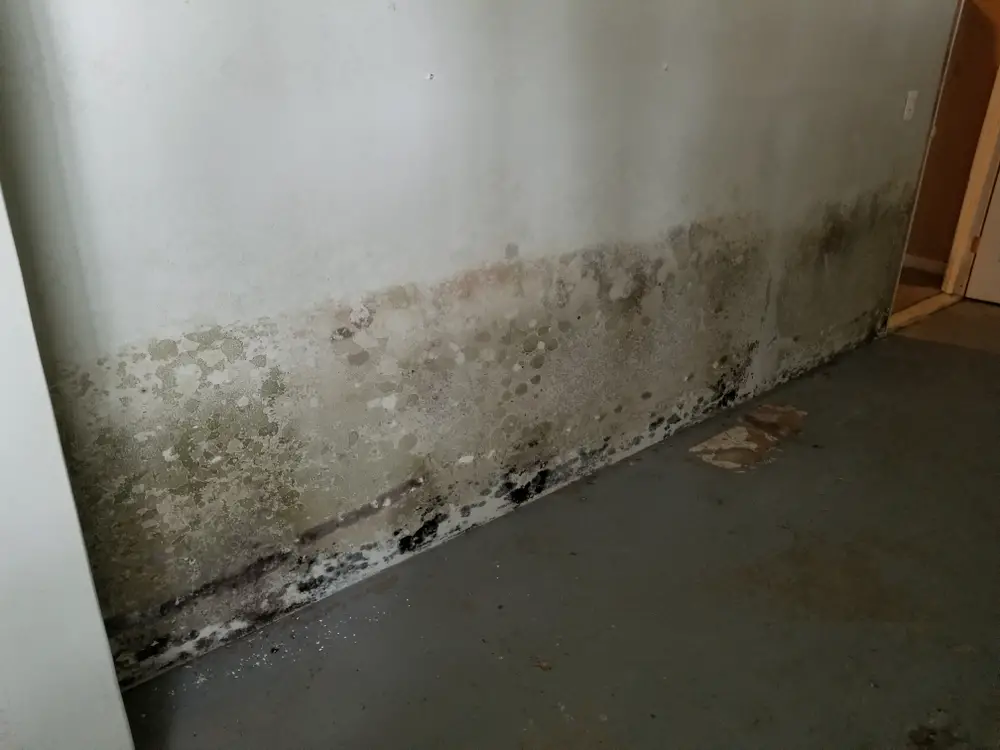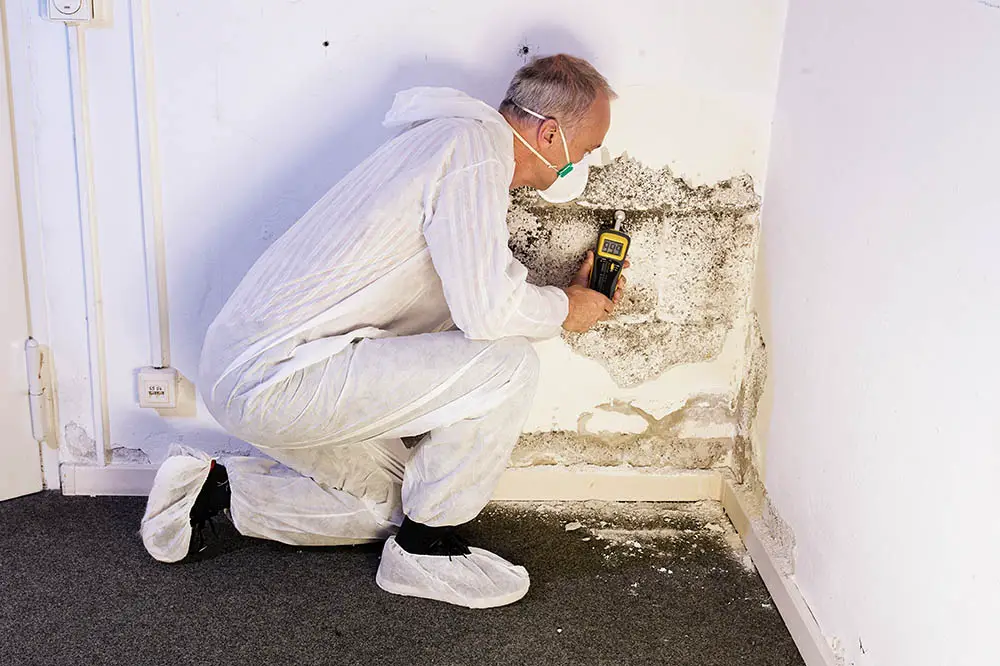Have you been feeling unusually irritable, fatigued, or anxious lately and you don’t know why? It’s possible that mold could be to blame! Mold is a common problem that can affect anyone, but it’s commonly associated with respiratory issues like allergies and asthma. However, recent research suggests that mold may also have a significant impact on mental health!
We decided to create this post so we can explore the connection between mold and mental health, and discuss what you can do to protect yourself and your loved ones from the harmful effects of mold.
What is Mold?
Mold is a type of fungus that can grow indoors or outdoors. It can be found in many different places, including homes, schools, and workplaces. Mold can seem harmless since it’s something that you can find in a lot of places, but some, not all mold spores are dangerous, and can cause a lot of damage in your space, as well as different health problems.
Health Problems that Mold Can Cause
Mold can cause a variety of health problems, including respiratory problems that can irritate the airways such as coughing, wheezing, and shortness of breath. Mold can also trigger allergic reactions in some people, causing symptoms such as sneezing, runny nose, and itchy eyes. Mold spores can irritate the skin, causing rashes and itching on different parts of your skin. In some more serious cases, mold exposure has been linked to more grave health problems such as pneumonia, chronic fatigue syndrome, and even death.
However, it is important to note that the severity of the health problems caused by mold exposure can vary depending on the individual and the amount of mold exposure. Some people may be more sensitive to mold than others.
How Can Mold Affect Your Mental Health?
Apart from physical health issues, mold exposure can also negatively impact mental health, according to research. A study conducted in 2013 revealed that people who lived in moldy homes were more prone to experience symptoms of depression, anxiety, and cognitive problems.
However, it is important to know that currently, there is no clear understanding of how mold exposure leads to mental health problems. Some experts believe that it triggers an inflammatory response in the body, leading to changes in brain function. Others believe that mold toxins can directly damage the brain.
If you’re worried about the mental health implications of mold exposure, it’s always best to consult your doctor. They can help you identify if you’ve been exposed to mold and if you require treatment.
Tips on How to Prevent Mold in Your Homes
Prevention is key, when it comes to dealing with mold. So to help you out with preventing mold growth in your home and be able to early protect your mental health, here are some tips you can follow.
- Fix any leaks or water damage immediately.
- Keep your home well-ventilated.
- Use a dehumidifier to remove excess moisture from the air.
- Clean up spills and messes promptly.
- Don’t store wet items in your home.
- Paint your walls with mold-resistant paint.
Conclusion
Mold is a serious problem that can have a negative impact on both your physical and mental health. If you are concerned about mold exposure, it is important to take steps to prevent mold growth and to clean up any mold that you find as soon as possible. You can also talk to your doctor about the mental health effects of mold exposure and get help if you need it.









